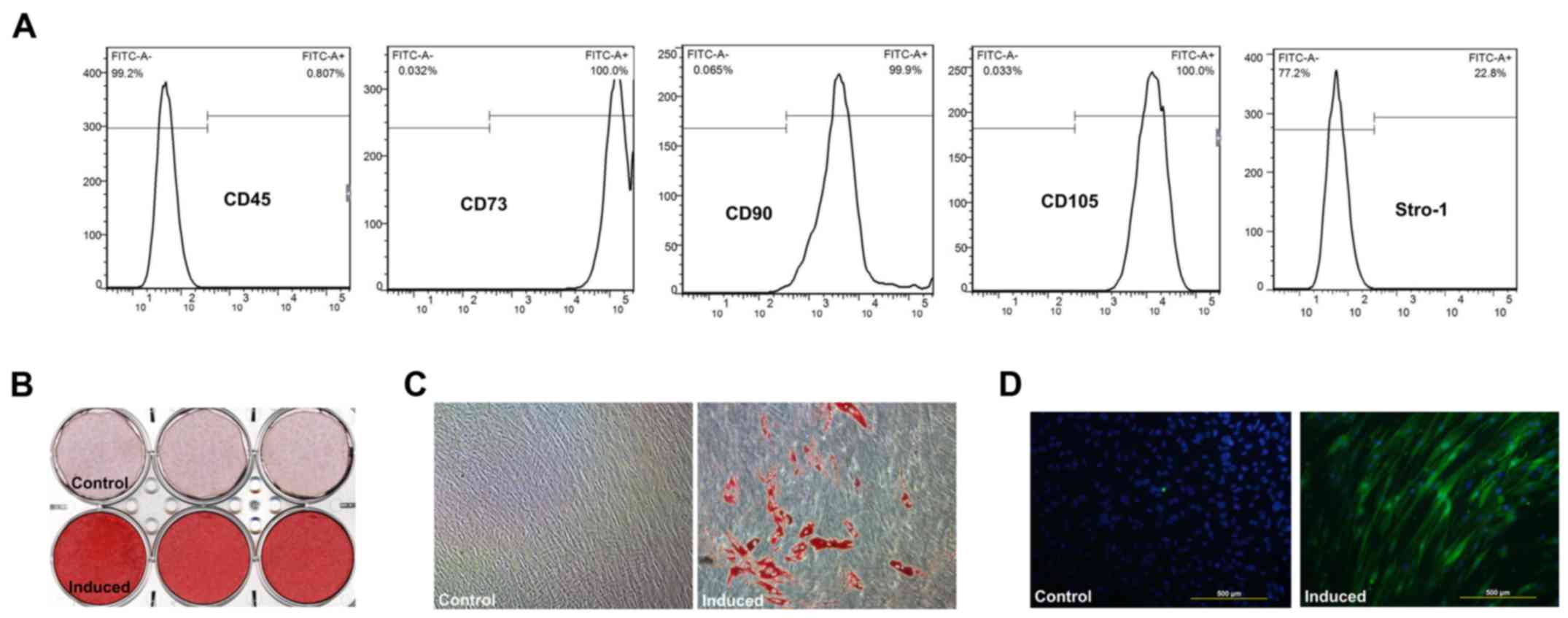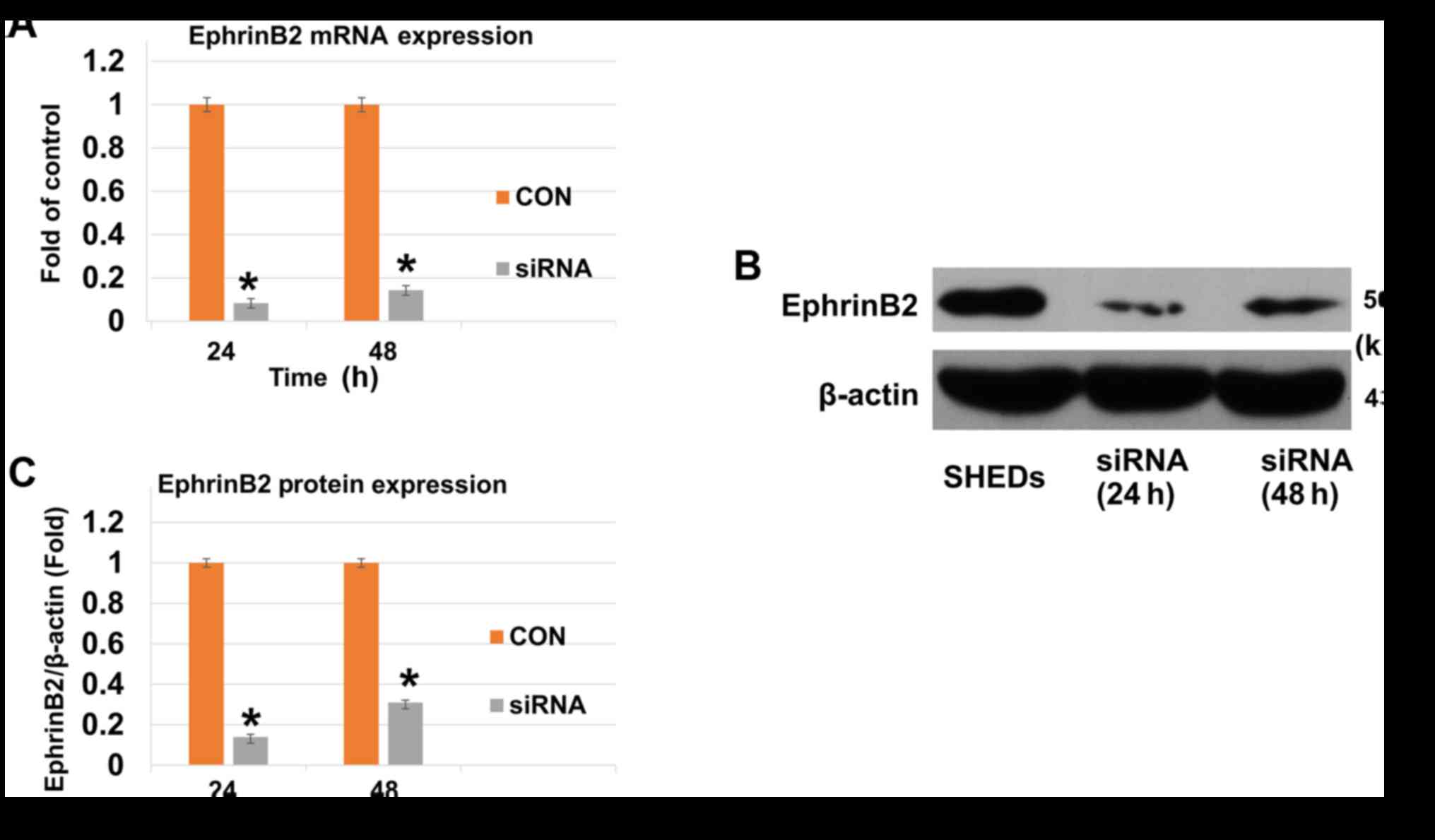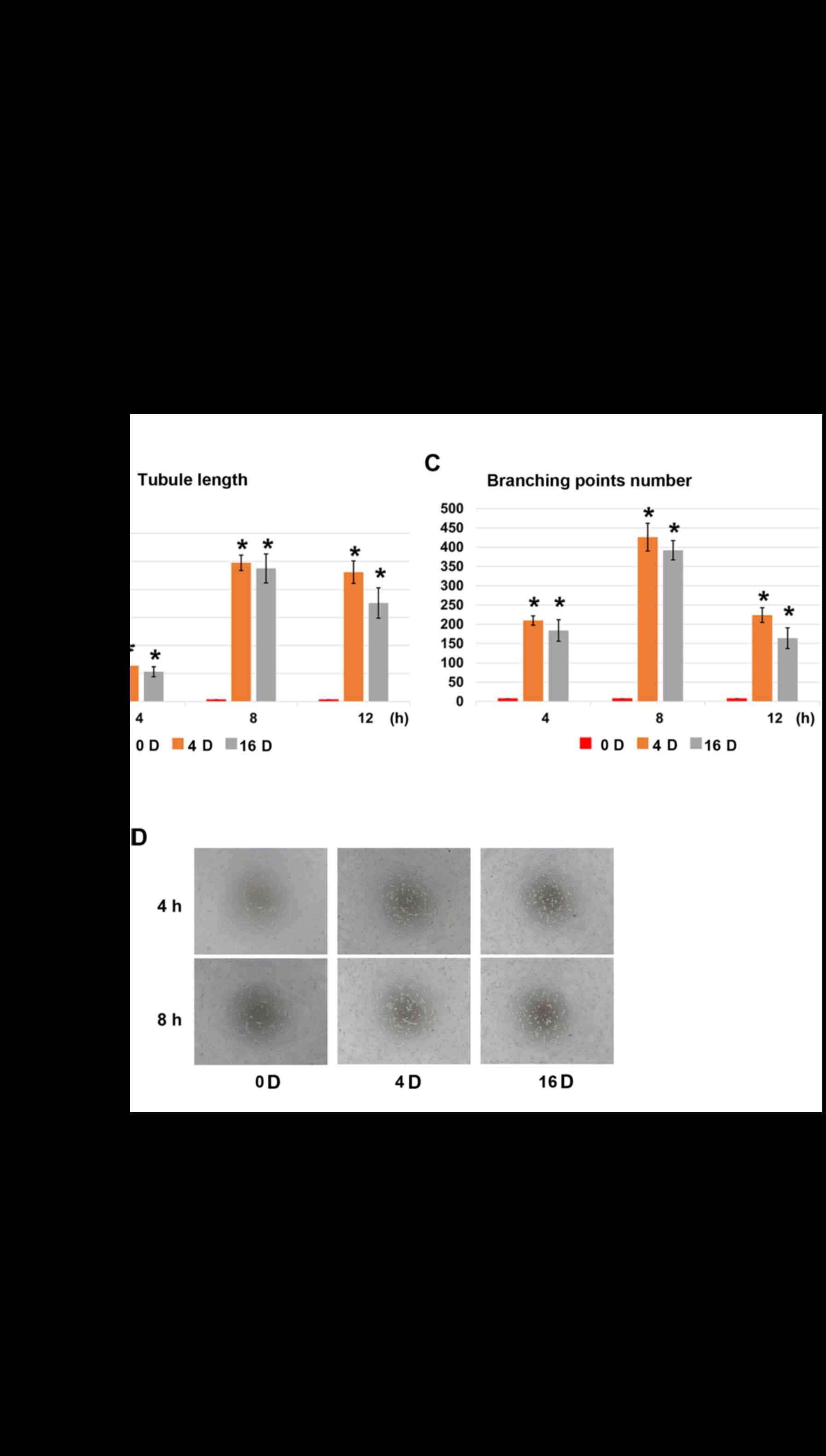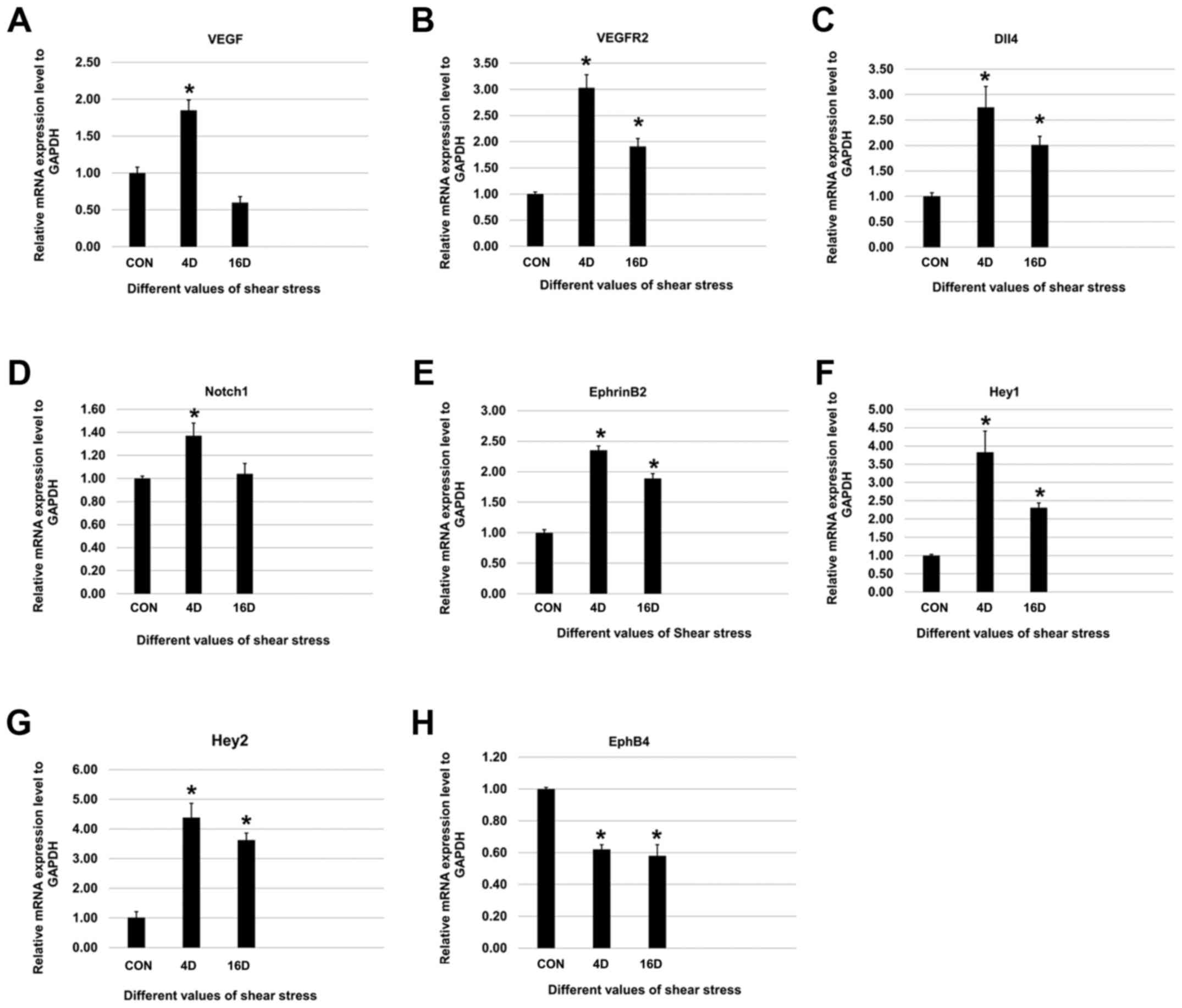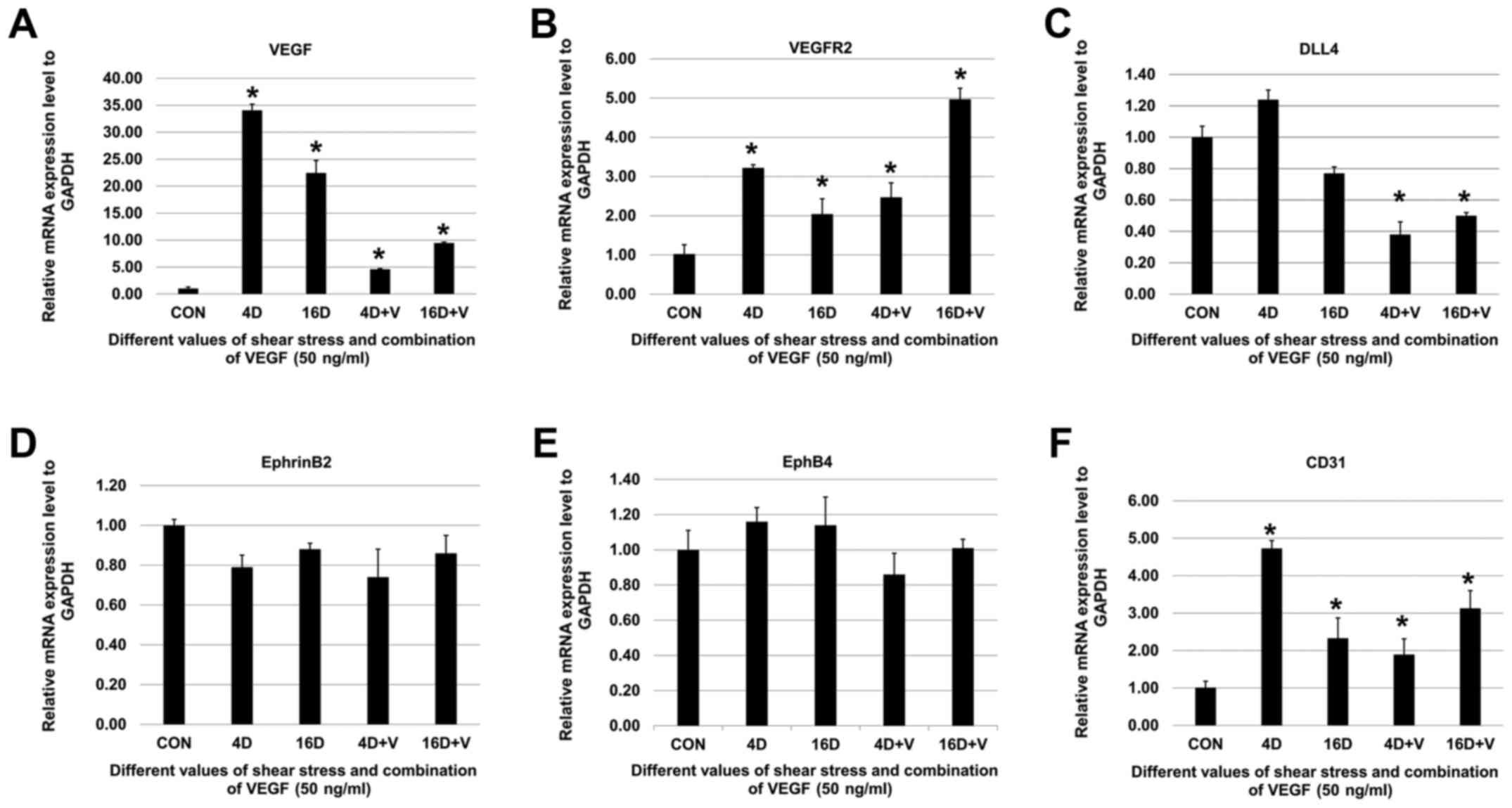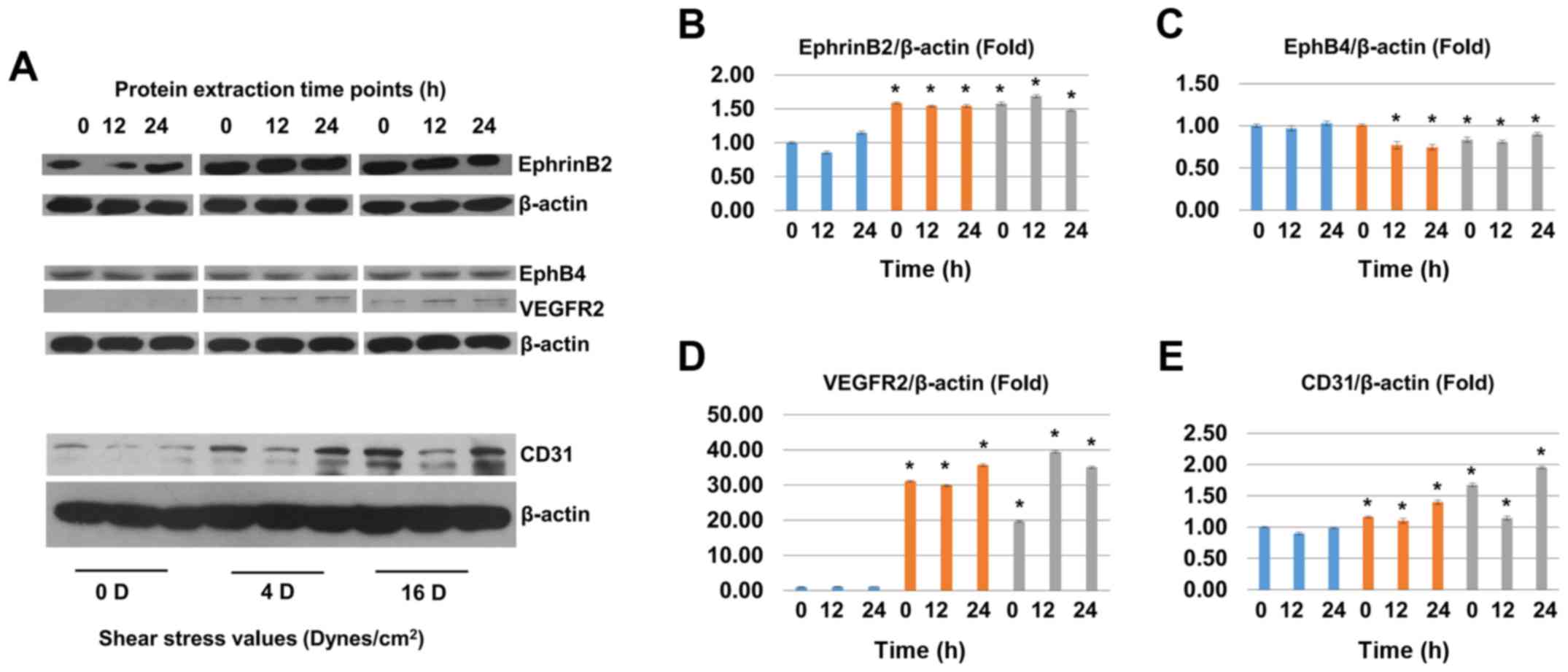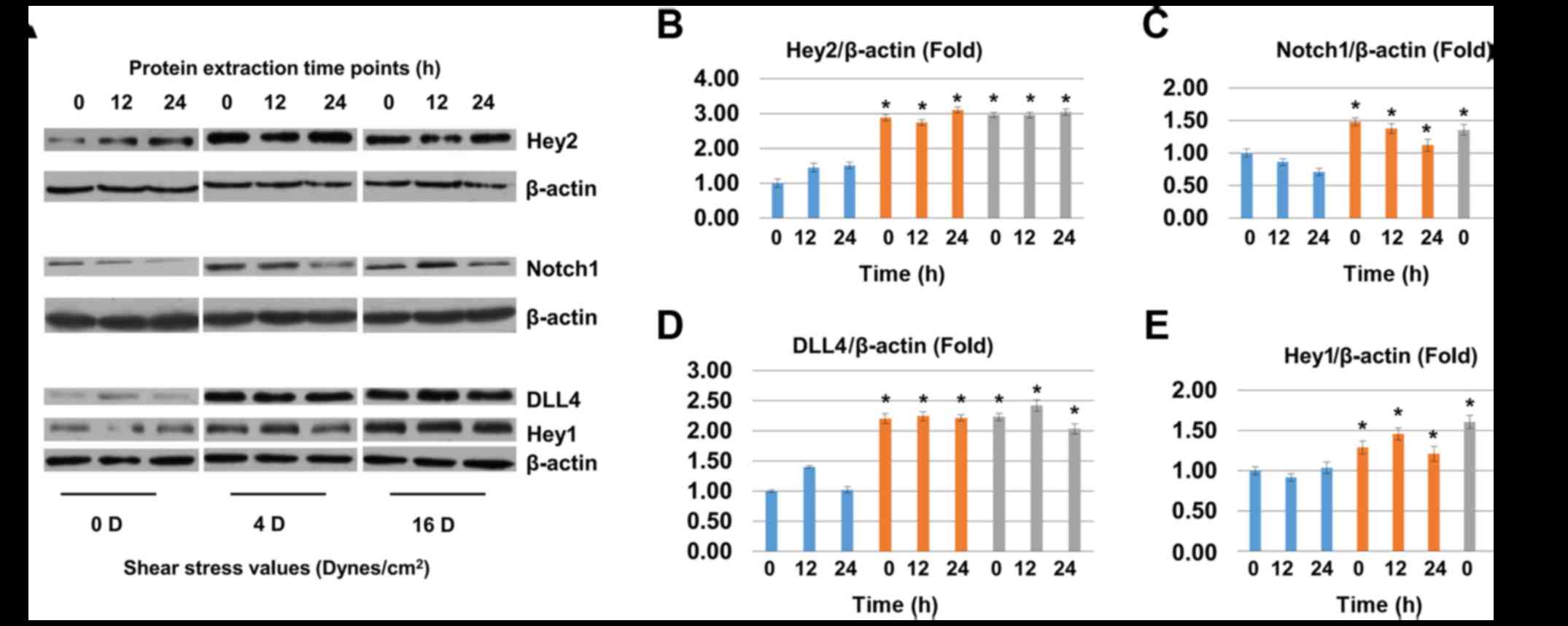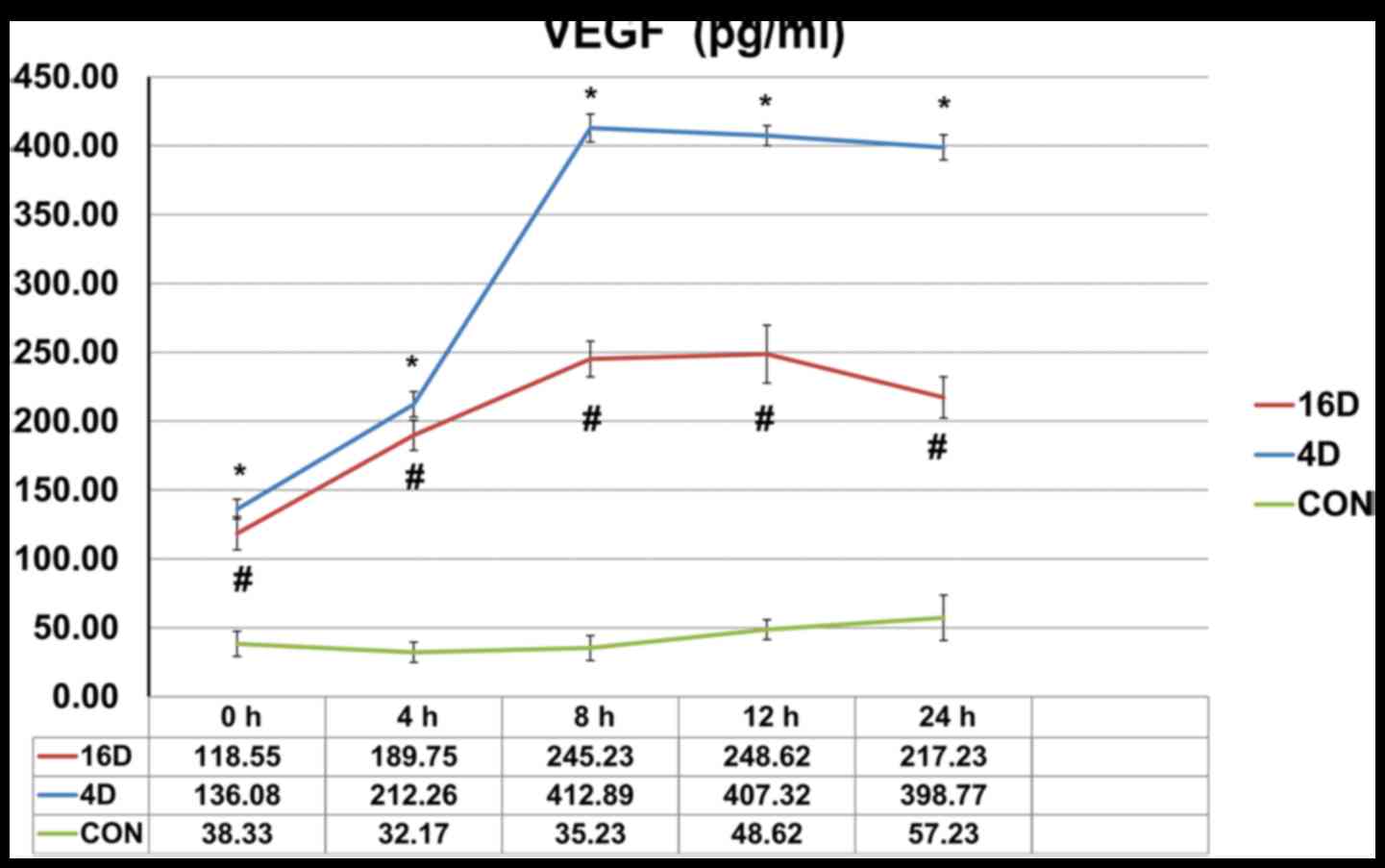|
1
|
Gronthos S, Mankani M, Brahim J, Robey PG
and Shi S: Postnatal human dental pulp stem cells (DPSCs) in vitro
and in vivo. Proc Natl Acad Sci USA. 97:13625–13630. 2000.
View Article : Google Scholar : PubMed/NCBI
|
|
2
|
Miura M, Gronthos S, Zhao M, Lu B, Fisher
LW, Robey PG and Shi S: SHED: Stem cells from human exfoliated
deciduous teeth. Proc Natl Acad Sci USA. 100:5807–5812. 2003.
View Article : Google Scholar : PubMed/NCBI
|
|
3
|
Huang GT-J, Sonoyama W, Liu Y, Liu H, Wang
S and Shi S: The hidden treasure in apical papilla: The potential
role in pulp/dentin regeneration and bioroot engineering. J Endod.
34:645–651. 2008. View Article : Google Scholar : PubMed/NCBI
|
|
4
|
Zhang Z, Nör F, Oh M, Cucco C, Shi S and
Nör JE: Wnt/β-catenin signaling determines the vasculogenic fate of
post-natal mesenchymal stem cells. Stem Cells. 34:1576–1587. 2016.
View Article : Google Scholar : PubMed/NCBI
|
|
5
|
Bento LW, Zhang Z, Imai A, Nör F, Dong Z,
Shi S, Araujo FB and Nör JE: Endothelial differentiation of SHED
requires MEK1/ERK signaling. J Dent Res. 92:51–57. 2013. View Article : Google Scholar :
|
|
6
|
Dissanayaka WL, Zhu L, Hargreaves KM, Jin
L and Zhang C: Scaffold-free prevascularized microtissue spheroids
for pulp regeneration. J Dent Res. 93:1296–1303. 2014. View Article : Google Scholar : PubMed/NCBI
|
|
7
|
Cordeiro MM, Dong Z, Kaneko T, Zhang Z,
Miyazawa M, Shi S, Smith AJ and Nör JE: Dental pulp tissue
engineering with stem cells from exfoliated deciduous teeth. J
Endod. 34:962–969. 2008. View Article : Google Scholar : PubMed/NCBI
|
|
8
|
Zhang N, Chen B, Wang W, Chen C, Kang J,
Deng SQ, Zhang B, Liu S and Han F: Isolation, characterization and
multi-lineage differentiation of stem cells from human exfoliated
deciduous teeth. Mol Med Rep. 14:95–102. 2016. View Article : Google Scholar : PubMed/NCBI
|
|
9
|
Qazi TH, Mooney DJ, Pumberger M, Geissler
S and Duda GN: Biomaterials based strategies for skeletal muscle
tissue engineering: Existing technologies and future trends.
Biomaterials. 53:502–521. 2015. View Article : Google Scholar : PubMed/NCBI
|
|
10
|
Lawson ND, Scheer N, Pham VN, Kim CH,
Chitnis AB, Campos-Ortega JA and Weinstein BM: Notch signaling is
required for arterial-venous differentiation during embryonic
vascular development. Development. 128:3675–3683. 2001.PubMed/NCBI
|
|
11
|
Welti J, Loges S, Dimmeler S and Carmeliet
P: Recent molecular discoveries in angiogenesis and antiangiogenic
therapies in cancer. J Clin Invest. 123:3190–3200. 2013. View Article : Google Scholar : PubMed/NCBI
|
|
12
|
Lee HJ, Li N, Evans SM, Diaz MF and Wenzel
PL: Biomechanical force in blood development: extrinsic physical
cues drive prohematopoietic signaling. Differentiation. 86:92–103.
2013. View Article : Google Scholar : PubMed/NCBI
|
|
13
|
Sivarapatna A, Ghaedi M, Le AV, Mendez JJ,
Qyang Y and Niklason LE: Arterial specification of endothelial
cells derived from human induced pluripotent stem cells in a
biomimetic flow bioreactor. Biomaterials. 53:621–633. 2015.
View Article : Google Scholar : PubMed/NCBI
|
|
14
|
Masumura T, Yamamoto K, Shimizu N, Obi S
and Ando J: Shear stress increases expression of the arterial
endothelial marker ephrinB2 in murine ES cells via the VEGF-Notch
signaling pathways. Arterioscler Thromb Vasc Biol. 29:2125–2131.
2009. View Article : Google Scholar : PubMed/NCBI
|
|
15
|
Obi S, Yamamoto K, Shimizu N, Kumagaya S,
Masumura T, Sokabe T, Asahara T and Ando J: Fluid shear stress
induces arterial differentiation of endothelial progenitor cells. J
Appl Physiol 1985. 106:203–211. 2009. View Article : Google Scholar
|
|
16
|
Bai K, Huang Y, Jia X, Fan Y and Wang W:
Endothelium oriented differentiation of bone marrow mesenchymal
stem cells under chemical and mechanical stimulations. J Biomech.
43:1176–1181. 2010. View Article : Google Scholar
|
|
17
|
Yuan C, Wang P, Zhu L, Dissanayaka WL,
Green DW, Tong EH, Jin L and Zhang C: Coculture of stem cells from
apical papilla and human umbilical vein endothelial cell under
hypoxia increases the formation of three-dimensional vessel-like
structures in vitro. Tissue Eng Part A. 21:1163–1172. 2015.
View Article : Google Scholar :
|
|
18
|
Dissanayaka WL, Zhan X, Zhang C,
Hargreaves KM, Jin L and Tong EH: Coculture of dental pulp stem
cells with endothelial cells enhances osteo-/odontogenic and
angiogenic potential in vitro. J Endod. 38:454–463. 2012.
View Article : Google Scholar : PubMed/NCBI
|
|
19
|
Lawson ND, Vogel AM and Weinstein BM:
sonic hedgehog and vascular endothelial growth factor act upstream
of the Notch pathway during arterial endothelial differentiation.
Dev Cell. 3:127–136. 2002. View Article : Google Scholar : PubMed/NCBI
|
|
20
|
Bassaneze V, Barauna VG, Lavini-Ramos C,
Kalil J, Schettert IT, Miyakawa AA and Krieger JE: Shear stress
induces nitric oxide-mediated vascular endothelial growth factor
production in human adipose tissue mesenchymal stem cells. Stem
Cells Dev. 19:371–378. 2010. View Article : Google Scholar
|
|
21
|
Su W-T, Shih Y-A and Ko C-S: Effect of
chitosan conduit under a dynamic culture on the proliferation and
neural differentiation of human exfoliated deciduous teeth stem
cells. J Tissue Eng Regen Med. 10:507–517. 2016. View Article : Google Scholar
|
|
22
|
Su WT, Liao YF, Lin CY and Li LT:
Micropillar substrate influences the cellular attachment and
laminin expression. J Biomed Mater Res A. 93:1463–1469. 2010.
|
|
23
|
Su WT: Ex vivo expansion of a
hematopoietic stem cell on a murine stromal cell by 3D micro-pillar
device. Biomed Microdevices. 13:11–17. 2011. View Article : Google Scholar
|
|
24
|
Xu JG, Zhu SY, Heng BC, Dissanayaka WL and
Zhang CF: TGF-β1-induced differentiation of SHED into functional
smooth muscle cells. Stem Cell Res Ther. 8:102017. View Article : Google Scholar
|
|
25
|
Gong T, Heng BC, Xu J, Zhu S, Yuan C, Lo
EC and Zhang C: Decellularized extracellular matrix of human
umbilical vein endothelial cells promotes endothelial
differentiation of stem cells from exfoliated deciduous teeth. J
Biomed Mater Res A. 105:1083–1093. 2017. View Article : Google Scholar : PubMed/NCBI
|
|
26
|
Ning H, Lin G, Lue TF and Lin CS:
Mesenchymal stem cell marker Stro-1 is a 75 kd endothelial antigen.
Biochem Biophys Res Commun. 413:353–357. 2011. View Article : Google Scholar : PubMed/NCBI
|
|
27
|
Alison MR, Poulsom R, Otto WR, Vig P,
Brittan M, Direkze NC, Preston SL and Wright NA: Plastic adult stem
cells: Will they graduate from the school of hard knocks? J Cell
Sci. 116:599–603. 2003. View Article : Google Scholar : PubMed/NCBI
|
|
28
|
dela Paz NG, Walshe TE, Leach LL,
Saint-Geniez M and D'Amore PA: Role of shear-stress-induced VEGF
expression in endothelial cell survival. J Cell Sci. 125:831–843.
2012. View Article : Google Scholar : PubMed/NCBI
|
|
29
|
Noguera-Troise I, Daly C, Papadopoulos NJ,
Coetzee S, Boland P, Gale NW, Lin HC, Yancopoulos GD and Thurston
G: Blockade of Dll4 inhibits tumour growth by promoting
non-productive angiogenesis. Novartis Found Symp. 283:106–125.
2007. View Article : Google Scholar
|
|
30
|
Liang D, Chang JR, Chin AJ, Smith A, Kelly
C, Weinberg ES and Ge R: The role of vascular endothelial growth
factor (VEGF) in vasculogenesis, angiogenesis, and hematopoiesis in
zebrafish development. Mech Dev. 108:29–43. 2001. View Article : Google Scholar : PubMed/NCBI
|
|
31
|
Barleon B, Sozzani S, Zhou D, Weich HA,
Mantovani A and Marmé D: Migration of human monocytes in response
to vascular endothelial growth factor (VEGF) is mediated via the
VEGF receptor flt-1. Blood. 87:3336–3343. 1996.PubMed/NCBI
|
|
32
|
Holmes K, Roberts OL, Thomas AM and Cross
MJ: Vascular endothelial growth factor receptor-2: Structure,
function, intracellular signalling and therapeutic inhibition. Cell
Signal. 19:2003–2012. 2007. View Article : Google Scholar : PubMed/NCBI
|
|
33
|
Yang C, Guo Y, Jadlowiec CC, Li X, Lv W,
Model LS, Collins MJ, Kondo Y, Muto A, Shu C, et al: Vascular
endothelial growth factor-A inhibits EphB4 and stimulates
delta-like ligand 4 expression in adult endothelial cells. J Surg
Res. 183:478–486. 2013. View Article : Google Scholar : PubMed/NCBI
|
|
34
|
Carmeliet P and Jain RK: Molecular
mechanisms and clinical applications of angiogenesis. Nature.
473:298–307. 2011. View Article : Google Scholar : PubMed/NCBI
|
|
35
|
Bai J, Wang YJ, Liu L and Zhao YL: Ephrin
B2 and EphB4 selectively mark arterial and venous vessels in
cerebral arteriovenous malformation. J Int Med Res. 42:405–415.
2014. View Article : Google Scholar : PubMed/NCBI
|
|
36
|
Swift MR and Weinstein BM: Arterial-venous
specification during development. Circ Res. 104:576–588. 2009.
View Article : Google Scholar : PubMed/NCBI
|
|
37
|
Pasquale EB: Eph-ephrin bidirectional
signaling in physiology and disease. Cell. 133:38–52. 2008.
View Article : Google Scholar : PubMed/NCBI
|
|
38
|
Yang D, Jin C, Ma H, Huang M, Shi GP, Wang
J and Xiang M: EphrinB2/EphB4 pathway in postnatal angiogenesis: A
potential therapeutic target for ischemic cardiovascular disease.
Angiogenesis. 19:297–309. 2016. View Article : Google Scholar : PubMed/NCBI
|
|
39
|
Hayashi S, Asahara T, Masuda H, Isner JM
and Losordo DW: Functional ephrin-B2 expression for promotive
interaction between arterial and venous vessels in postnatal
neovascularization. Circulation. 111:2210–2218. 2005. View Article : Google Scholar : PubMed/NCBI
|
|
40
|
Hainaud P, Contrerès JO, Villemain A, Liu
LX, Plouet J, Tobelem G and Dupuy E: The role of the vascular
endothelial growth factor-Delta-like 4 ligand/Notch4-ephrin B2
cascade in tumor vessel remodeling and endothelial cell functions.
Cancer Res. 66:8501–8510. 2006. View Article : Google Scholar : PubMed/NCBI
|
|
41
|
Salvucci O and Tosato G: Essential roles
of EphB receptors and EphrinB ligands in endothelial cell function
and angiogenesis. Adv Cancer Res. 114:21–57. 2012. View Article : Google Scholar : PubMed/NCBI
|
|
42
|
Pitulescu ME and Adams RH: Eph/ephrin
molecules - a hub for signaling and endocytosis. Genes Dev.
24:2480–2492. 2010. View Article : Google Scholar : PubMed/NCBI
|
|
43
|
Xue C, Chen Y, Huang Z, Ge Y, Wang H and
Wang J: EphB4 expression in pterygium is associated with
microvessel density. Int J Clin Exp Med. 7:4008–4015. 2014.
|
|
44
|
Kim I, Ryu YS, Kwak HJ, Ahn SY, Oh JL,
Yancopoulos GD, Gale NW and Koh GY: EphB ligand, ephrinB2,
suppresses the VEGF- and angiopoietin 1-induced
Ras/mitogen-activated protein kinase pathway in venous endothelial
cells. FASEB J. 16:1126–1128. 2002. View Article : Google Scholar : PubMed/NCBI
|















